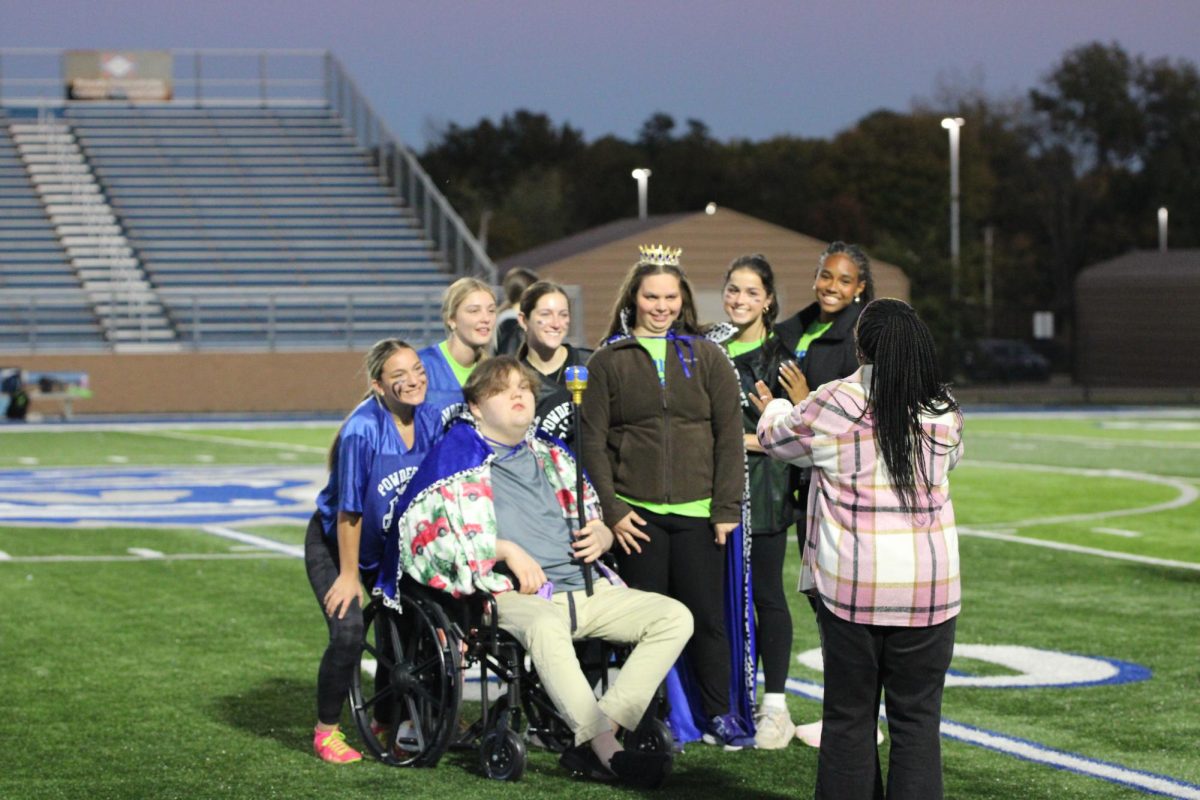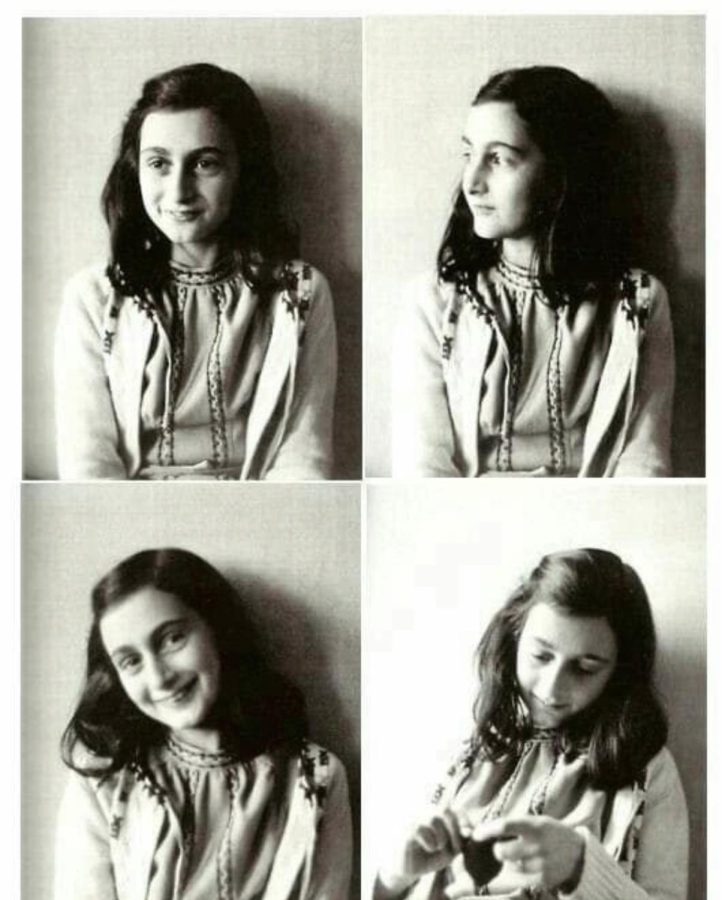Women’s History Month: The Legacy of Anne Frank
March 17, 2022
Ever since the beginnings of civilization, women have always had an extreme social disadvantage in every single aspect of life throughout world history. Thankfully, women have rightfully earned their equality throughout our world’s existence, but only after fighting through fire and walking through storms of hate and misogyny to achieve the great and intellectual spots they currently hold in today’s society. To me, a certain young woman sticks out in the history books for being super informative, creative, and resilient during times of control, genocide, and discrimination. Her name was Anne Frank.
Annelies Marie Frank was born on June 12, 1929, in Frankfurt, Germany, to an upper-middle-class, German-Jewish family. Her parents were named Edith and Otto Frank, and she had one older sister named Margot. Anne spent most of her childhood living quietly in a religiously diverse neighborhood near the outskirts of Frankfurt. However, her tranquil life soon began to take a turn for the worse as the rise of Hitler and the Nazi party in Germany increased rapidly. The Frank family and many other Jewish families living in Germany at the time decided to flee the country as soon as vicious dictator, Adolf Hitler, assumed power. Fortunately, in the fall of 1933, when Anne was just four years old, her family safely made it to Amsterdam, the Netherlands, where they lived in peace for seven long years.
While living in Amsterdam, Anne began attending Amsterdam’s Sixth Montessori School in 1934 and was said to have lots of diverse friends and was known for being a very curious student. Unfortunately, on September 1, 1939, the world would be impacted by the tyrannic actions of Hitler when he began to invade Poland, igniting a global conflict that would become World War II. Anne and her family feared that the Nazis would be approaching Amsterdam sooner than expected, and, eventually, their fears became true. On May 10, 1940, the German army invaded the Netherlands, marking the beginning of drastic changes for Anne. She began to write in her diary, “After May 1940, the good times were few and far between; first, there was war, then the capitulation and then the arrival of the Germans, which is when the trouble started for the Jews.” During this time, Anne and many other Jews were dehumanized by the Nazis. They were forced to wear a yellow Star of David at all times, and many Jewish schoolchildren and Anne were segregated into their school from the rest of the general population. Sadly, this was only the precursor of what was tragically to come in the future for Anne and her family.
On July 5, 1942, Anne’s sister, Margot, received an official summons to report to a Nazi work camp in Germany. The very next day, the Frank family quickly went into hiding in a space located at the back of Otto Frank’s company building known to Anne as the Secret Annex. Because of the rising persecution of Jews in the Netherlands, Otto still managed to keep his company under control while in hiding by officially signing the ownership over to two of his Christain associates, Jo Kleiman and Victor Kugler. The Franks were also accompanied in hiding by another one of Otto’s Jewish business partners, Hermann van Pels, his wife, Auguste, and son, Peter. During this time cooped up in the annex, Anne began writing in a diary. She started by describing her daily life in the cramped annex living with several people as living in a state of constant fear. She also included her impressions of the other inhabitants living with her, her feelings of loneliness, and her frustration towards her lack of privacy. Her descriptions of daily life then turned into very personal and impactful quotes towards the time she was living in and towards other philosophical concepts. Some of Anne Frank’s most famous quotes were:
“I can shake off everything as I write; my sorrows disappear, my courage is reborn.”
“I don’t think of all the misery, but of the beauty, that still remains.”
“Because paper has more patience than people.”
“We all live with the objective of being happy; our lives are all different and yet the same.”
After spending 761 days of silence, avoiding being seen in windows during the daytime, and hoping for freedom and equality, Anne’s life took another drastic turn. A Dutch informer had turned the Franks into the Gestapo, thus leading to the capture of Anne and her family. She was only 15 years old when she was stripped from hiding and separated from her father, Otto, to be transported to the concentration camp, Auschwitz-Birkenau, with her mother and sister. She was then separated from her mother, Edith, when she and her sister were transported to a different concentration camp, Bergen Belson. Sadly, Anne died just before the liberation of Bergen Belson in 1945 from a typhus epidemic that spread through the camp just one day after her sister, Margot.
Annelies Marie Frank’s impact has spread throughout the entire world, teaching many young girls to look for pockets of hope in times of bloody, ruthless conflict. She had a very strong-willed and confident personality that made her a staple for women’s rights, and she would have changed the world in many ways if her young life had not been tragically cut short. In fact, in hiding, Anne expressed her thoughts on women’s rights through her writings. Anne wrote, “Women should be respected as well! Generally speaking, men are held in great esteem in all parts of the world, so why shouldn’t women have their share? Soldiers and war heroes are honored and commemorated, explorers are granted immortal fame, martyrs are revered, but how many people look upon women as soldiers?…Women, who struggle and suffer pain to ensure the continuation of the human race, make much tougher and more courageous soldiers than all those big-mouthed freedom-fighting heroes put together!” This is a month to commemorate the soldiers that carry this world on its back through times of peace and war. Women are the true heroes.
Sources for this article include annefrank.org.

























